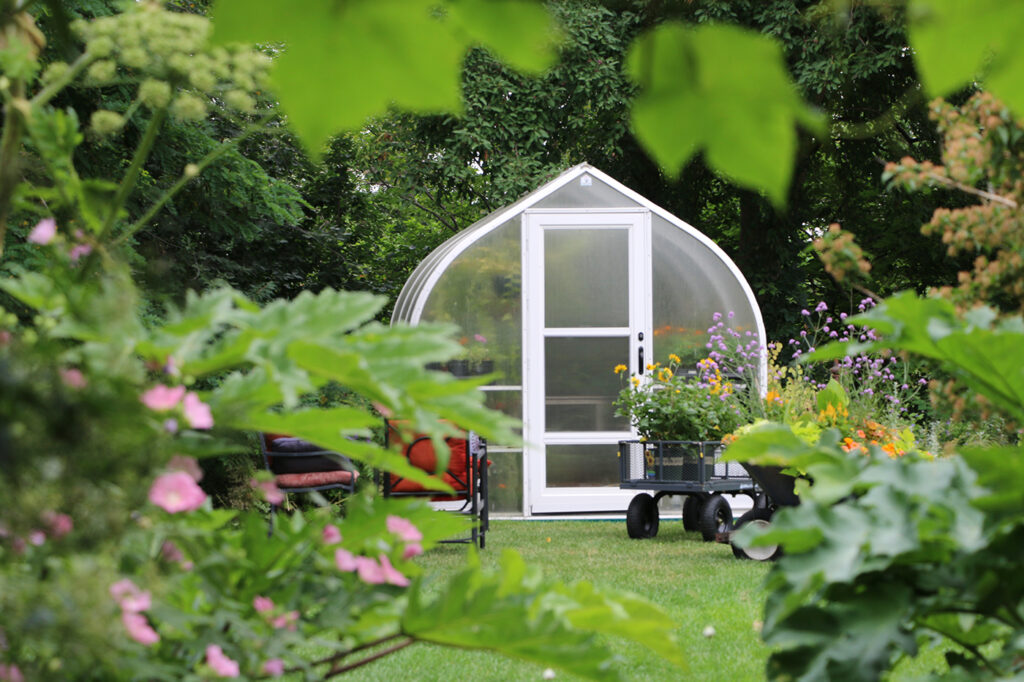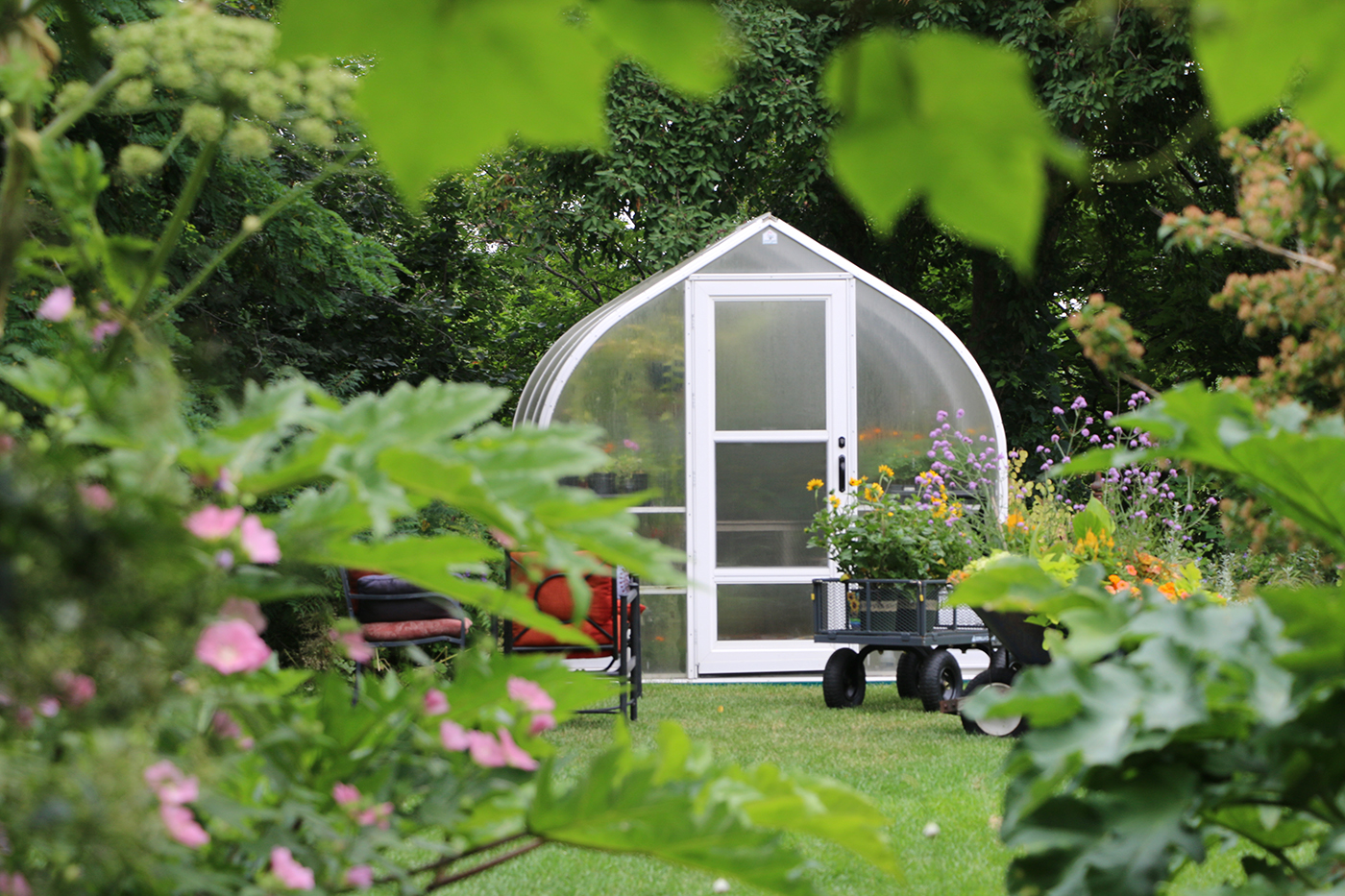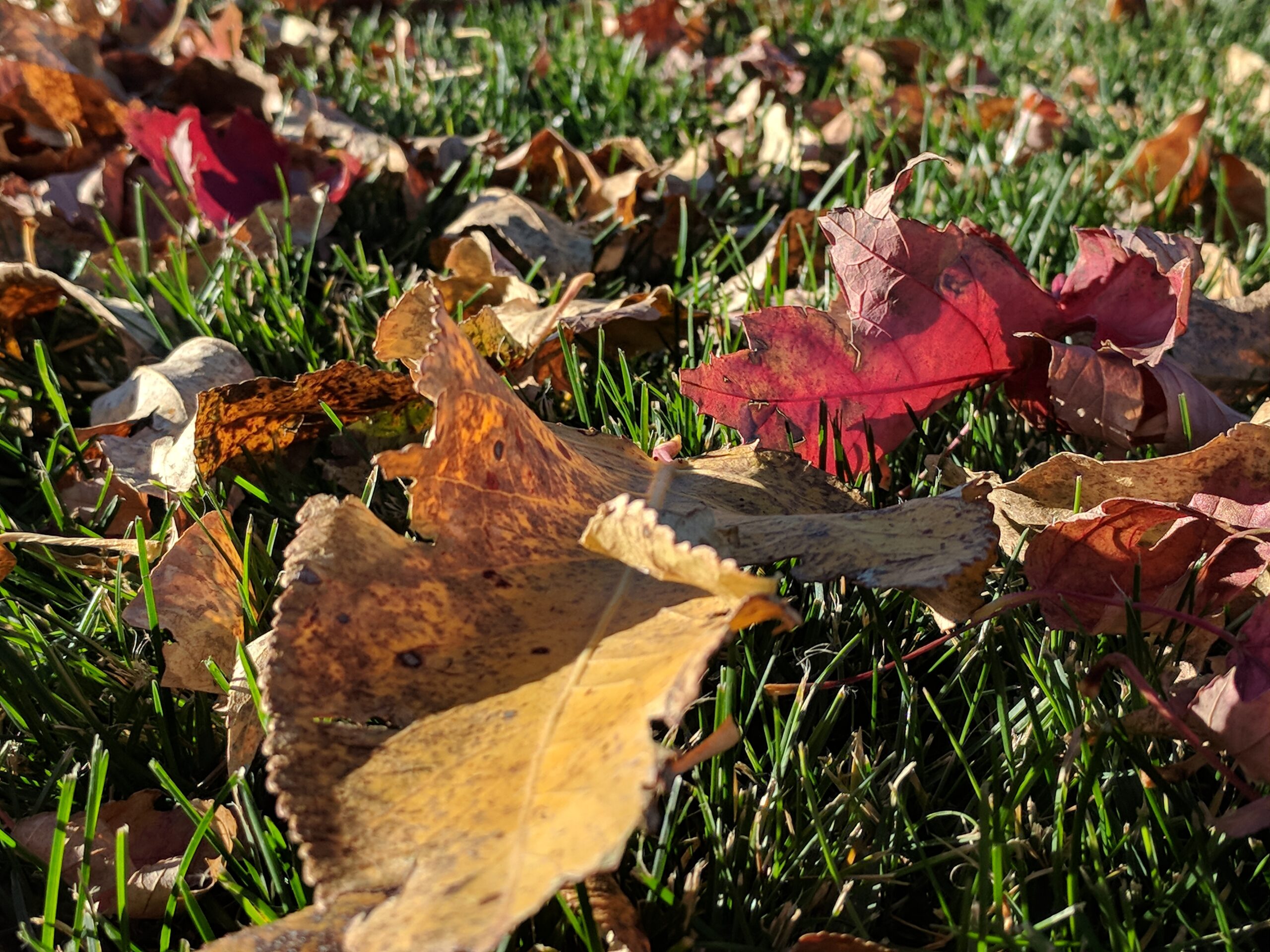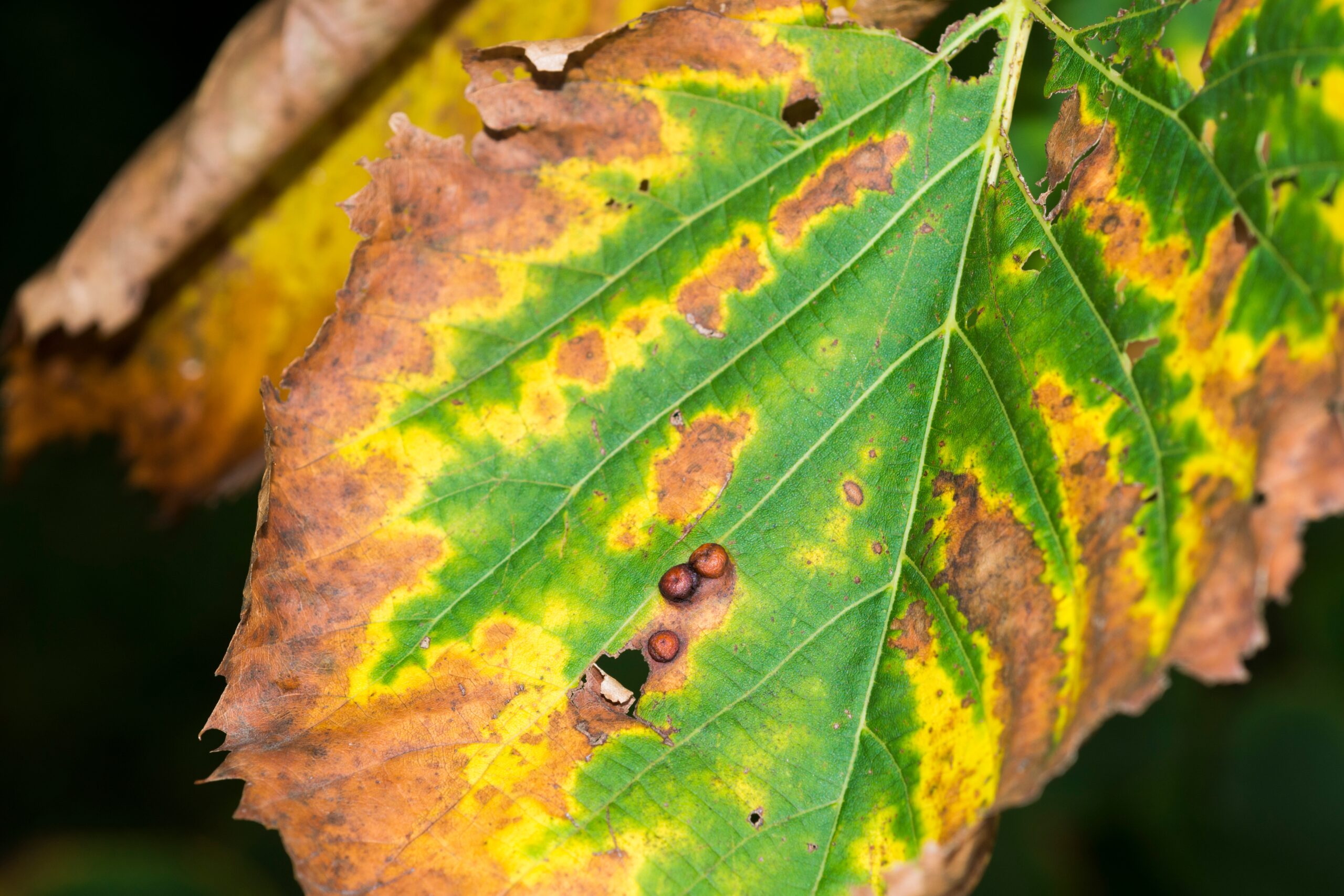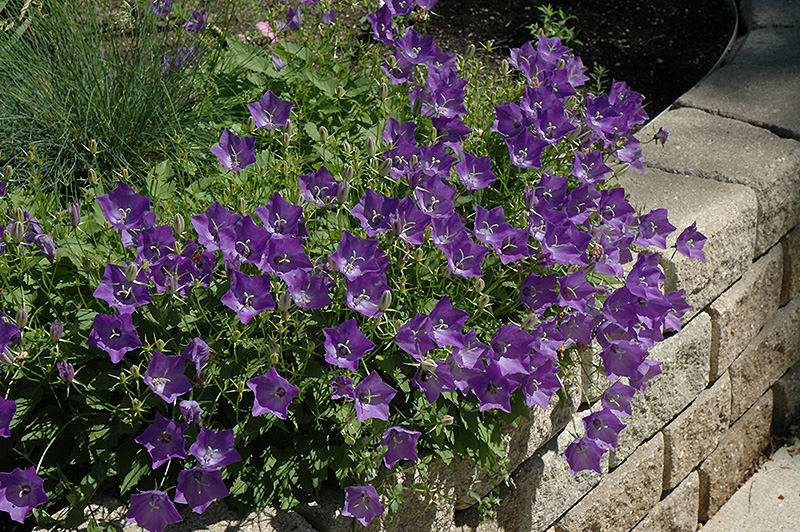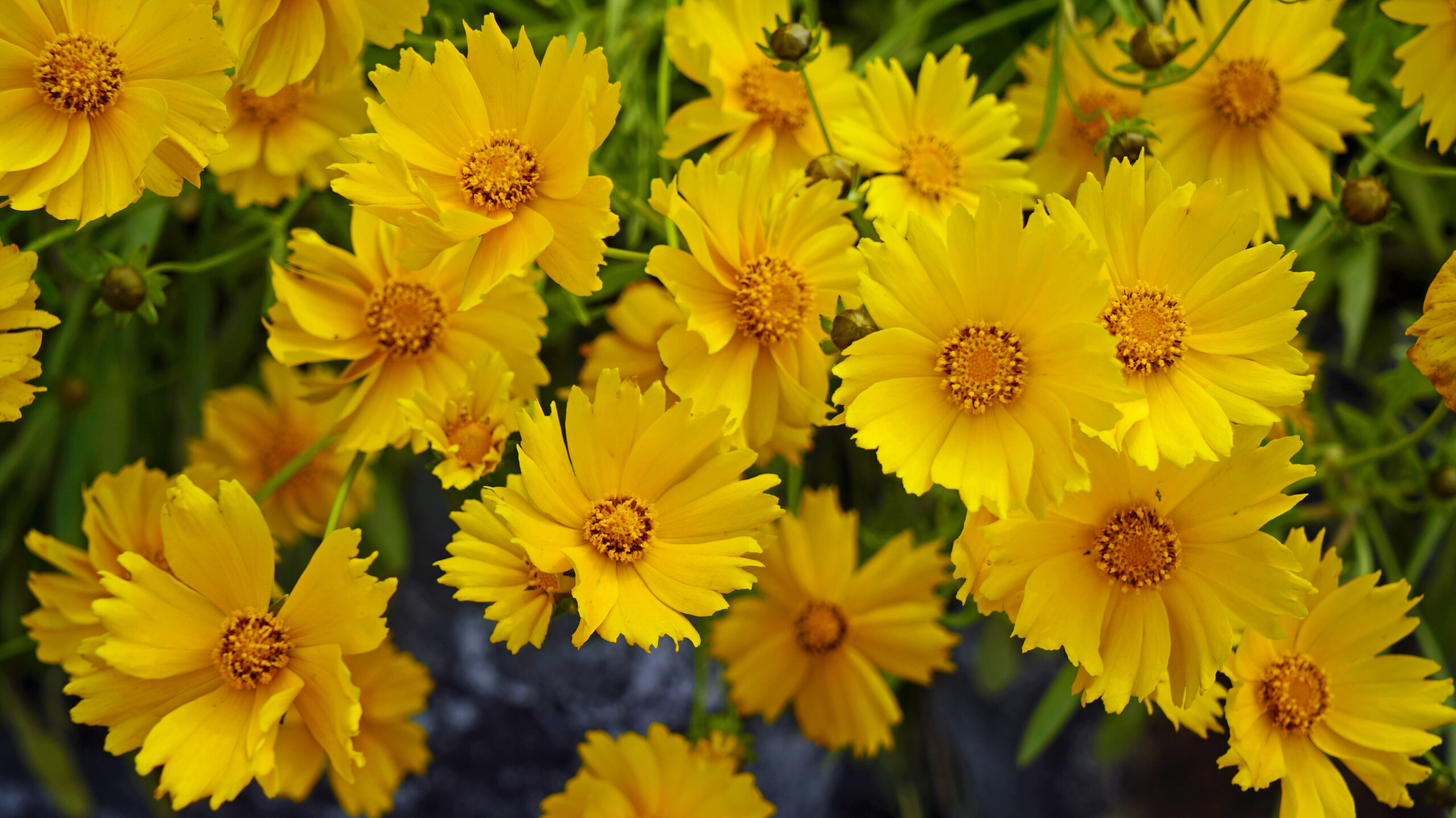A Timely Garden Tip, Posted by Tagawa Gardens
Cultivating Your Eco-Friendly Oasis
Your backyard holds incredible potential beyond beautiful blooms and lush lawns. Every plant choice you make at Tagawa Gardens, along with watering decisions and soil treatments, becomes a vote for our planet’s future. Here along the Colorado Front Range, we’re uniquely positioned to create gardens that thrive in our distinctive climate while supporting local ecosystems.
Tagawa firmly believes that sustainable gardening isn’t about sacrificing beauty for environmental responsibility—it’s about discovering smarter ways to nurture both. When you embrace eco-friendly practices, your yard transforms into a living sanctuary that conserves precious water, enriches soil naturally, and welcomes birds and beneficial organisms into your soil and landscape.
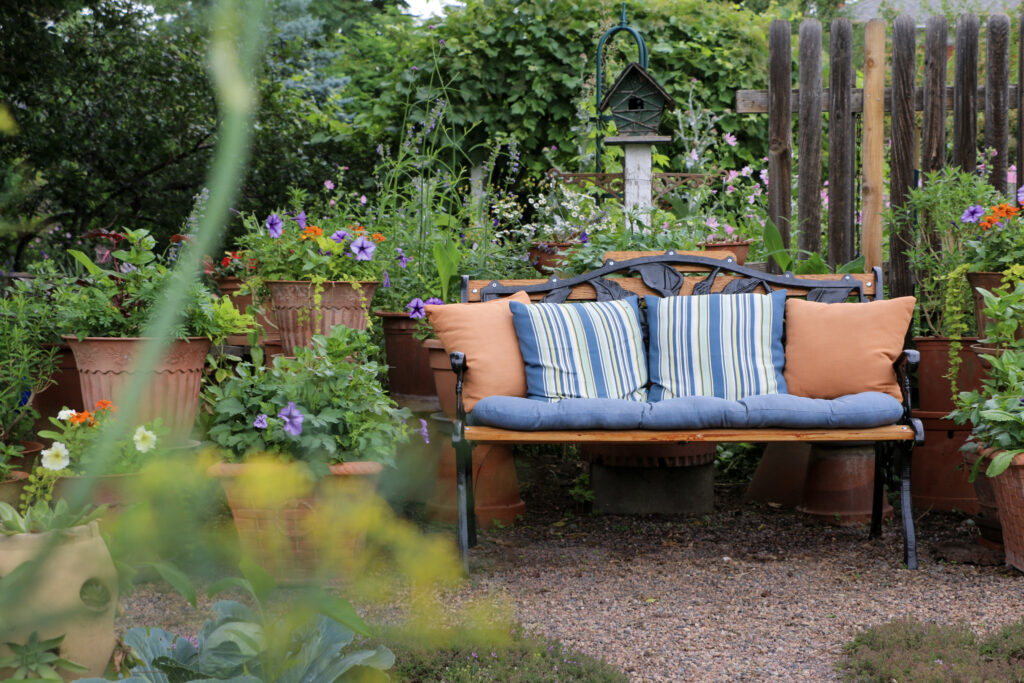
Essential Sustainable Gardening Tips
Mastering Water-Wise Practices
Ideally, Colorado’s semi-arid climate teaches us to respect every drop of water. You can start by installing drip irrigation systems that deliver water directly to plant roots, reducing water waste by up to 50%. You may prefer spray emitters that keep water close to the ground, as they are far more efficient than sprinklers that send water higher into the air. Either approach begins by laying soaker hoses around your established perennials or vegetable beds. Drip systems can also be set up to water large pots on your deck or patio.
Mulching around plants is an effective way to prevent soil from drying out. Mulch also discourages weeds by blocking the sun. Apply three inches of organic mulch, such as shredded bark. You can also use small amounts of dried, herbicide-free grass clippings, added to over time. Keep all mulch a few inches away from plant stems to reduce the chances of disease.
Selecting the right plants can significantly reduce water usage in your landscape. The friendly perennials staff at Tagawa Gardens will gladly guide you to the plants best suited for your setting. Drought-tolerant perennials like purple coneflower, blanket flower, and many of the “Colorado tough” Plant Select varieties are stunning and easy to maintain once their roots have been “established” after two to three seasons of growth.
The Power of Composting
Composting can be as simple as a single pile of recyclable material or as sophisticated as a traditional three-bin system. Ingredients like well-chopped kitchen scraps, coffee grounds, dried leaves, and garden trimmings are excellent additions to a compost pile. Layer brown materials (dried leaves or shredded paper) with green materials (kitchen scraps, fresh grass clippings) in a 3:1 ratio by volume. Keep the materials in the pile “as moist as a wrung-out sponge” and turn them every couple of weeks to introduce air the beneficial microbes need to do their work. With care, you could have rich, dark compost ready to feed your soil within six months. In addition to enhancing the soil, conscientious gardeners can cut their fertilizer needs in half using homemade compost.
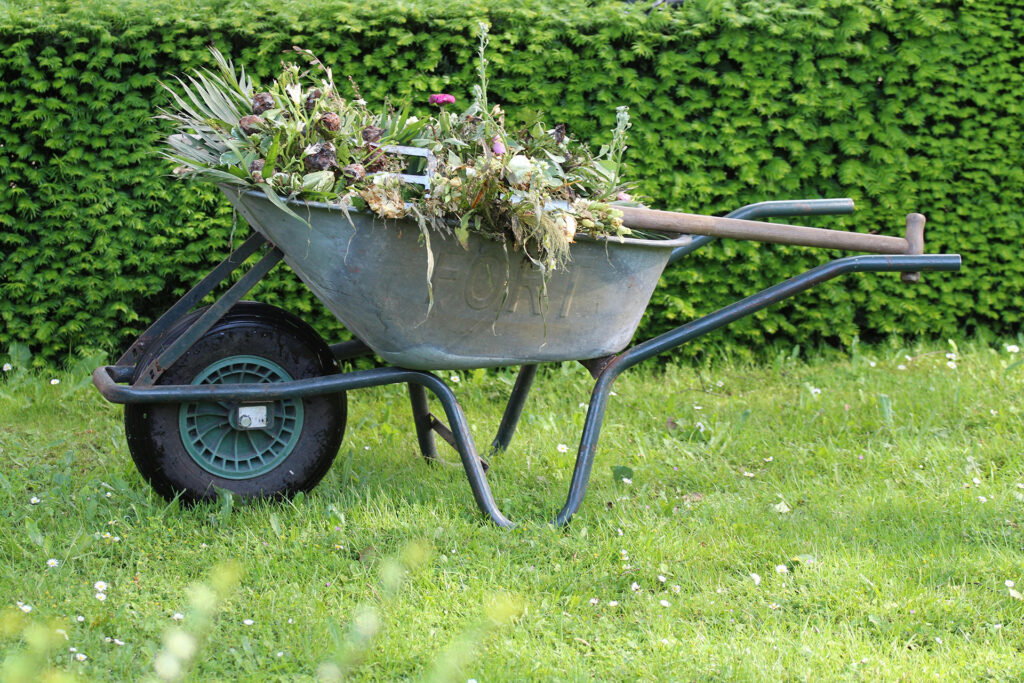
Embracing Native Plants for Local Ecology
Native Colorado plants aren’t just beautiful—they’re ecosystem champions. Bee balm attracts pollinators while producing aromatic foliage. Serviceberry provides delicious berries for your family… or your backyard birds! Blue grama grass creates texture without requiring weekly watering. These plants have evolved alongside our wildlife, creating natural partnerships that support biodiversity right in your backyard.
Nurturing Your Soil Naturally
Healthy plants depend on healthy soil. Add organic matter like well-aged manure or commercially available compost each spring once the soil dries out, digging it into the top six inches of the garden bed. Once plants are actively growing, either certified organic or organic-based slow-release fertilizers are fine. Tagawa’s Garden Advisers will be happy to guide you.
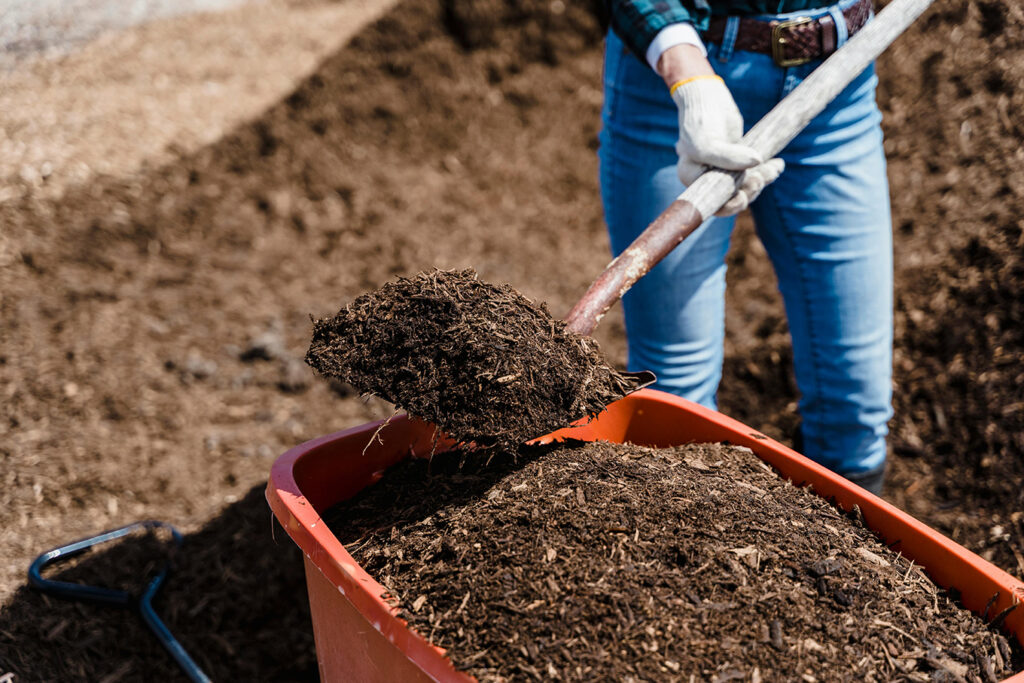
The Rewards of an Eco-Conscious Garden
Your sustainable garden can become a living testament to environmental stewardship. Who wouldn’t want to watch as butterflies dance among their native wildflowers and see birds nest in their pesticide-free shrubs? Beyond supporting wildlife, you’ll notice lower water bills and reduced maintenance time. There’s deep satisfaction in knowing your garden gives back to the earth while providing beauty and bounty for your family.
Start Your Sustainable Gardening Journey Today
Small steps can create lasting change. Why not begin with just a few sustainable practices this season—perhaps planting some native species or composting? Tagawa Gardens is here to support your eco-friendly journey with expert advice, quality plants, and sustainable gardening supplies. Grow What You Love with Tagawa Gardens!
